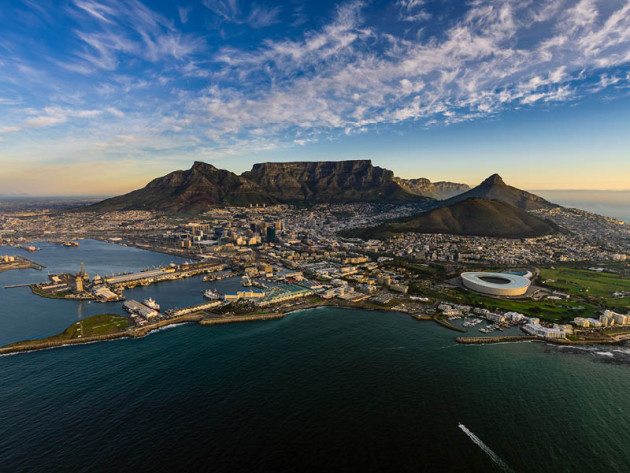
Excise duties hike latest blow to SA wine industry
The South African government has announced it will increase the excise duties on alcohol by 8%.
The hike, which was announced today (24 February) by finance minister Tito Mboweni during the national budget speech, will see the price of a 750ml bottle of wine increase by 26 cents, a bottle of fizz by 86 cents and a bottle of brandy by R5.50.
“It is clear that excessive alcohol consumption can lead to negative social and health outcomes. Consumers do react to price increases, and higher prices should lead to lower consumption of alcohol products with positive spinoffs,” said Mboweni.
However, condemning the move, Vinpro warned that the hike would inflict a “final blow” to many wine businesses and hamper the economic recovery of the beleaguered South African wine industry even further.
“We are extremely disappointed that government has once again not heeded the call of our industry,” said Vinpro MD Rico Basson. “
“Vinpro and other industry organisations have emphasised the plight of the South African wine industry in discussions with Treasury over the past few months and requested that excise duty be raised by no more than 50% of the consumer price index (CPI).
“In light of the serious financial position in which our industry finds itself, we now need stability, policy certainty and financial dispensation. The higher than expected excise increase detract from this and can inflict a final blow to many businesses that are already on their knees, which will in turn contribute to the already large number of job losses and exacerbate the socio-economic challenges in these communities.”
The increase follows on the back of a 16% wage and 15% electricity increase that is absorbed at farm level.
Prior to the wage, electricity and the latest excise increase, of an average bottle of wine sold at R45, government earned R10.04 from excise duty and VAT, compared to wine grape producers who earned a net farming income of 77c per bottle, according to Vinpro.
“The reality is that the excise increases do not necessarily affect the consumer’s pocket, but are passed on to wine grape producers,” said the industry body.
SA wine businesses have only intermitantly been able to earn any income from local wine sales since March 2020, which has led to an overall loss of more than R8bn in direct sales revenue and still threatens the survival of cellars, wine grape producers and the livelihoods of 27,000 employees in the wine industry value-chain.
The third alcohol ban on local liquor sales was lifted 1 February.




